Taez, MINA – Yemen’s seven-year brutal civil war has caused an explosion of mental illness that overwhelms basic health care services, such as depression, post-traumatic stress disorder and psychosis.
“We are trying to provide treatment, but we can’t treat everyone,” said Adel Melhi, director of a mental hospital in the rebel-blockaded city of Taez, one of the places worst hit by the conflict, Nahar Net reported.
Iran-backed Houthi rebels have been battling a pro-government coalition led by Saudi Arabia since 2015, in a fierce war that has killed hundreds of thousands of people and pushed the impoverished country to the brink of famine.
Aid groups have raised alarms with more than 23 million people — more than two-thirds of Yemen’s population — dependent on aid.
Also Read: Activist Unfurls Palestinian Flag During German Parliament Session, Protesting Gaza Policy
While the state-run Taez mental hospital has room for 200 patients, the number needing treatment due to the “tragedy caused by war” has soared much higher, Melhi said.
Hospitals lack the staff and medicines needed to cope. Since government funds cover only a quarter of its budget, the rest depends on donations.
Yemen, with about 30 million people, had just 59 psychiatrists in 2020 — or one for every half a million people — according to Health Ministry figures.
One 2017 study by the Yemen Family Development and Guidance Foundation based in the rebel-held capital Sanaa, estimated that nearly one-fifth of all residents have mental health problems.
Also Read: UN Experts Warn Right Violations in Kashmir by Indian Authorities
The report said residents “face constant stress, serious loss and shock – whether as a result of food insecurity, unemployment, cholera, arbitrary detention, torture, indiscriminate attacks, air strikes or poor basic public services.”
The United Nations, in a report this year, said the number could now be higher due to the added pressure of the Covid pandemic and the “continued toll of conflict”. (T/RE1)
Mi’raj News Agency (MINA)
Also Read: At Least Nine Children and One Woman Killed in Pakistani Airstrike on Afghanistan






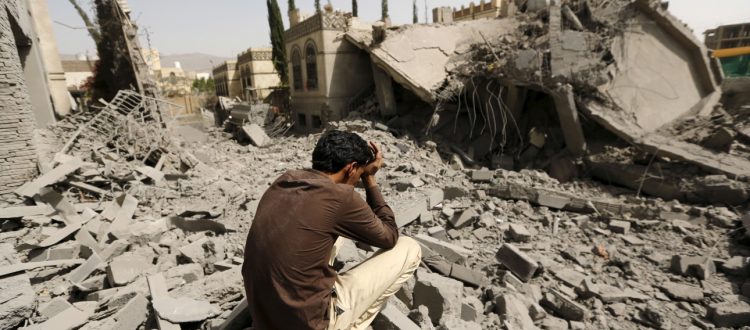


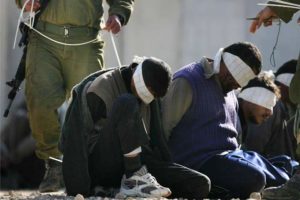



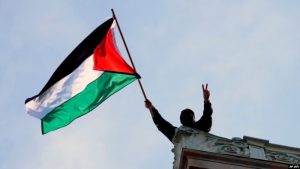


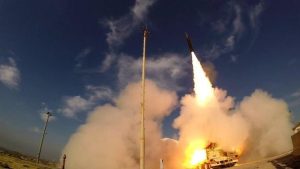



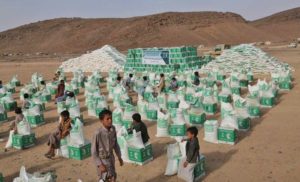













 Mina Indonesia
Mina Indonesia Mina Arabic
Mina Arabic